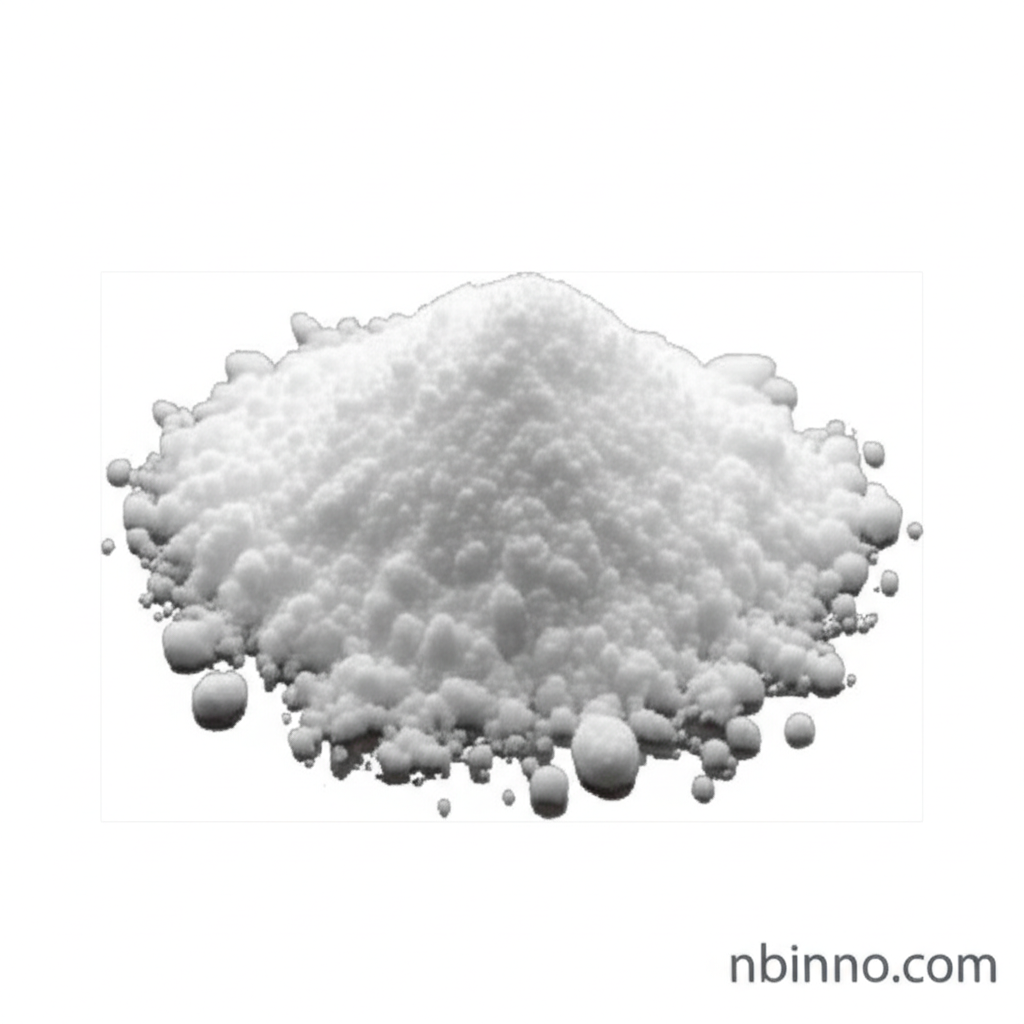Abemaciclib Hydrochloride: A Targeted Therapy for Breast Cancer
Explore the mechanism, applications, and critical safety information of this advanced CDK4/6 inhibitor for breast cancer.
Get a Quote & SampleProduct Core Value

Abemaciclib Hydrochloride
Abemaciclib Hydrochloride is a cutting-edge targeted therapy, specifically a CDK4/6 inhibitor, designed to combat hormone receptor-positive, HER2-negative breast cancer. It plays a crucial role in halting the proliferation of cancer cells by interfering with key proteins that drive tumor growth, making it a vital component in advanced and early-stage breast cancer treatment regimens.
- Discover the precise mechanism of action behind Abemaciclib Hydrochloride, understanding how it selectively targets CDK4/6 proteins to inhibit cancer cell growth.
- Learn about the critical drug interactions associated with Abemaciclib Hydrochloride and how to manage them safely.
- Understand the detailed dosage and administration guidelines, including modifications for toxicity and special populations.
- Explore the efficacy and safety profile of Abemaciclib Hydrochloride in treating various stages of breast cancer, from early-stage to metastatic disease.
Key Advantages
Targeted Cancer Cell Inhibition
Abemaciclib Hydrochloride offers a targeted approach, specifically inhibiting CDK4/6 proteins to slow or stop the growth of breast cancer cells, a key aspect of modern cancer treatment.
Versatile Treatment Options
This medication is approved for multiple uses, including adjuvant therapy for early-stage breast cancer and as a primary or subsequent treatment for advanced or metastatic breast cancer, providing flexibility in treatment strategies.
Comprehensive Safety Profile
The detailed information on Abemaciclib Hydrochloride's side effects and necessary precautions helps healthcare providers and patients manage treatment effectively, understanding how to mitigate potential risks.
Key Applications
Early-Stage Breast Cancer Treatment
Abemaciclib Hydrochloride is utilized in combination with endocrine therapy for high-risk, early-stage breast cancer patients to reduce the risk of recurrence.
Metastatic Breast Cancer Treatment
It serves as a primary treatment option for advanced or metastatic breast cancer when combined with an aromatase inhibitor or as a monotherapy after progression on prior treatments.
Hormone Receptor-Positive Cancer Management
This therapy is specifically indicated for hormone receptor-positive, HER2-negative breast cancers, targeting the molecular drivers of these tumor types.
CDK4/6 Inhibition
As a potent inhibitor of CDK4/6, it plays a critical role in cell cycle regulation, preventing cancer cell division and proliferation.
